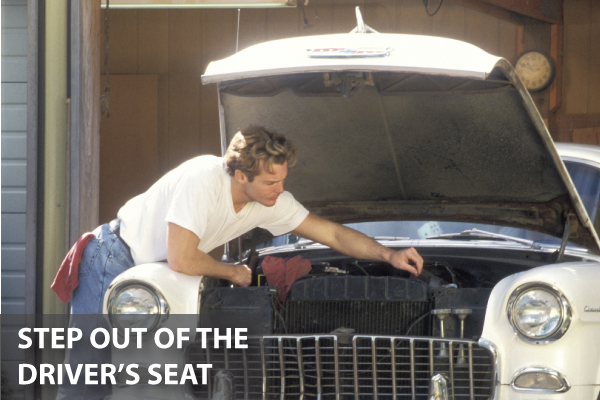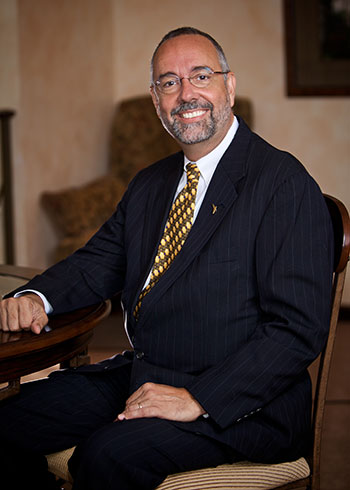Flexible Thinking: You Become What You Think
By William Brashers, PhD | December 22, 2016
Category:
Ask the Dr. Insight from William Brashers, PHD
FMA Guest Blogger
In my last column we looked at how to “disengage the clutch” with our thinking processes by recognizing that we are not our thoughts; rather, we are the thinker and manager of our thoughts. When we step back to examine our thinking to see which thoughts remain valuable and which thoughts have exhausted themselves, we disconnect with our thinking the way we would step out of the driver’s seat of a car. Once out of the car, we can put it on a lift and work to repair it or tune it for high performance.
After we’ve stepped into our mental laboratory and worked on our thought-scape, we step out of reflective mode and re-engage with the thoughts we’ve chosen to retain — we “re-engage the clutch.” In action, as opposed to reflection, we will re-identify with our thoughts. This is inevitable. When we reflect we disengage the clutch between our consciousness and our thoughts. When we move to action, we re-engage the clutch between our consciousness and our thinking.
In this action phase, it has been wisely said, “You become what you think.” That is, you will act on those thoughts you choose to retain. Once we re-engage with the thoughts we’ve chosen to retain, we will act in the world directed by the thought life we’ve chosen to affirm. It is in this way that “we become what we think.”
You become what you think; that’s why it is so important to work through your thinking. A verse in Proverbs says, “As a man thinketh in his heart, so is he.” Because our thoughts so affect us, and some kinds of thoughts especially so (to be discussed in a future article), it is very important that we care for the garden that is our mind less it becomes choked with weeds and becomes unfruitful.
You become what you think — you are not your thoughts; these two ideas represent two fundamental elements for a free thought life. You are not your thoughts; you are free to think broadly and deeply. You become what you think, be deliberate in selecting the thoughts you will make your own, because it is in the effects of that thinking that you will be seen by others.
About the Author

William Brashers, PhD
Dr. William “Bill” Brashers, Bartell & Bartell Ltd.’s director of development services, is an organizational psychologist specializing in adult development issues in organizations. Bill authors many columns a year in this space on organizational and leadership technologies. If you’d like a partner in your journey toward peak performance, FMA members are eligible for exclusive discounts on Bartell & Bartell’s most popular programs, which offer multiple levels of assistance unleashing potential in your people and optimizing your organizational intelligence. For more information, visit fmanet.org/membership or call 888-394-4362.

Side by side, we move metal fabrication forward.
FMA unites thousands of metal fabrication and manufacturing professionals around a common purpose: to shape the future of our industry, and in turn shape the world.
Learn More About FMA


